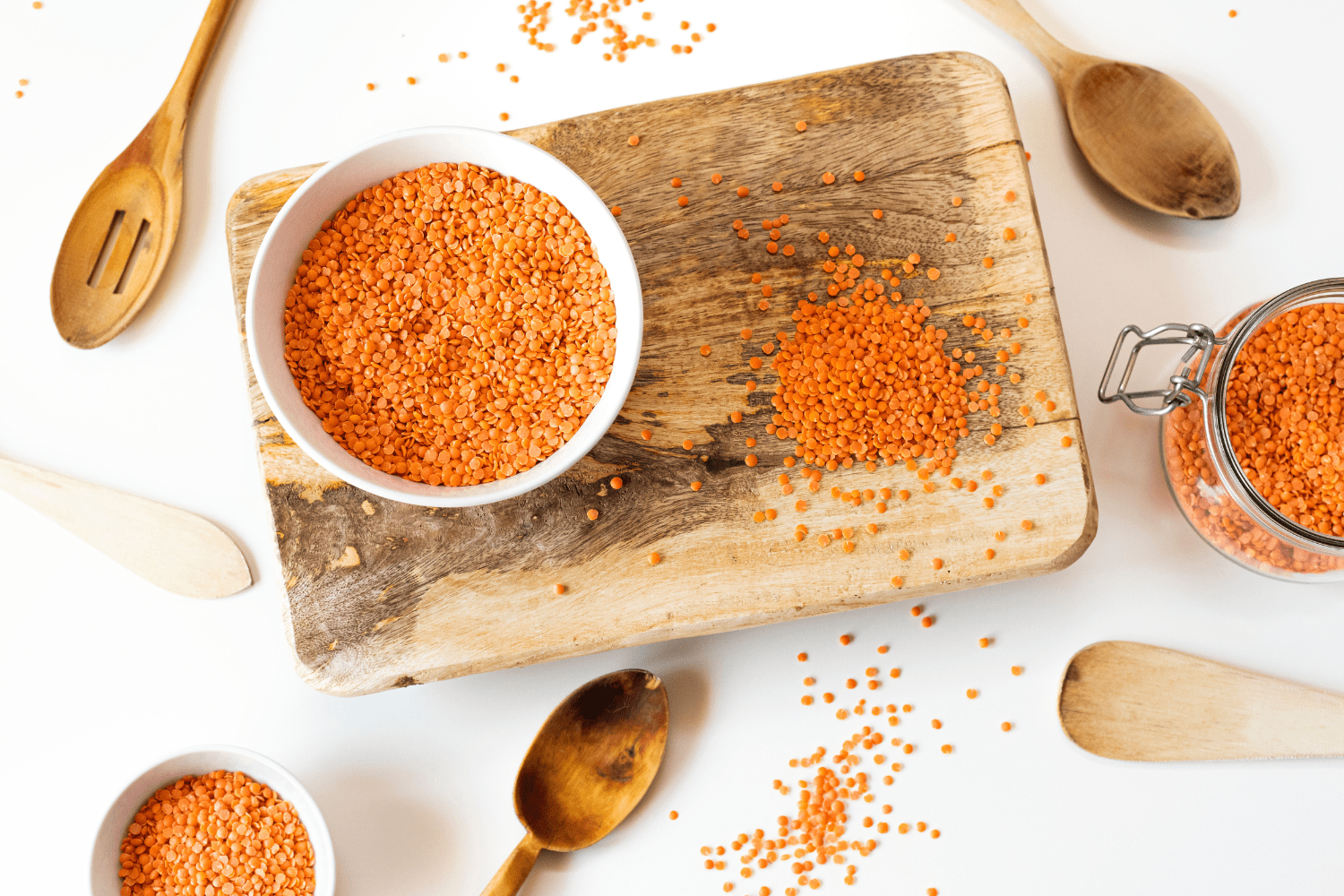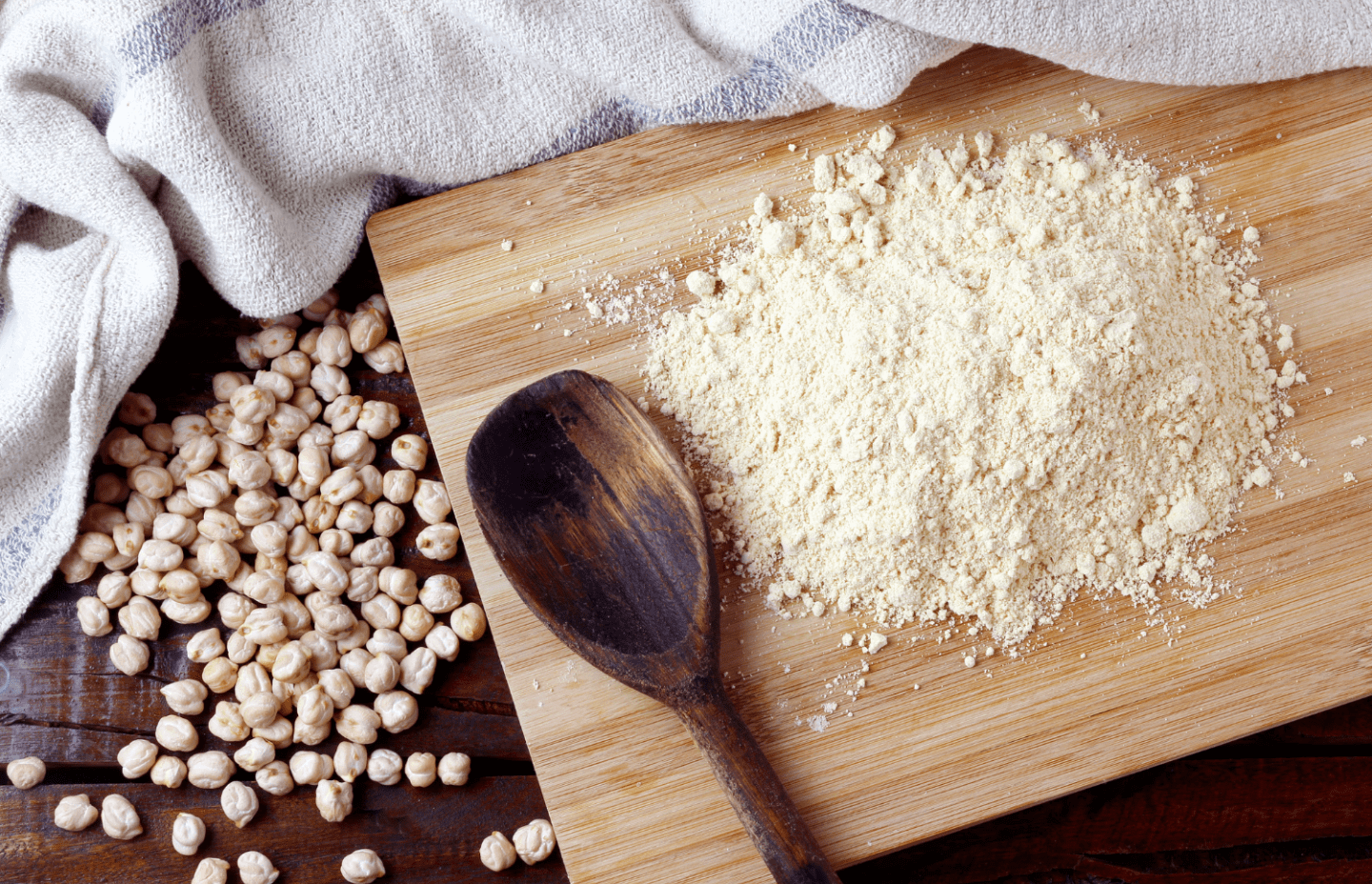
Pesticides have been widely used to control the growth of weeds and prevent crop damage by insects, rodents, and mold. Post-harvest additives are used to enhance shelf life and prevent spoilage. Most of the time, a small amount of pesticide- residue remains in food grains which can be alarming and since linked to a range of diseases and disorders. Pesticides also contaminate the soil, and turf; toxic to a host of other organisms including birds, fish, beneficial insects, and non-target plants. Alternative methods in organic farming like integrated pest management (IPM), crop rotation, or organic farming help retain the goodness of grains and pulses as well as safeguard the environment. Let us specifically talk about organic and pesticide-free pulses today.
Why is consuming organic pulses a smart choice for you and the environment?
Pulses are high in soluble fiber that helps reduce blood cholesterol levels and helps prevent constipation. Pulses are particularly high in the B vitamin folate and regular consumption of pulses is said to reduce the risk of heart disease, diabetes, and certain types of cancer. This superfood is a versatile, and easy-to-prepare ingredient that can be used in any meal- be it entrees, salads, or bread too.
- Pulses are the easiest to grow and growing them promotes sustainable agriculture (crop rotation) and are resilient to climate change as well.
- Consuming organic pulses is a water-wise choice since most pulse crops are adapted to drier environments and well-suited to arid areas. Some pulses, like lentils and peas, can extract water from a shallower depth, thereby leaving more water in the ground for crops that follow. Legumes can be cultivated easily all year round and not just over the summer months.
- One of the important features of pulses is their nitrogen-fixing and soil-bound phosphorus fixing properties, which are closely associated with improving soil fertility. It can fix large amounts of nitrogen, up to 80 percent from the air through biological fixation in the nodules on the pulse crop roots.
- They promote higher rates of accumulation of soil carbon over cereals and grasses.
- Through crop rotation farmers can start integrating pulses into their production of basic cereals through rotations, intercropping, or as cover crops. Cultivating organic pulses also helps reduce the need for synthetic fertilizers and pesticides while still contributing to an increase in overall yield.
- Now this creates a more diverse environment at the field level, by supporting a broader range of insects and “wildlife” above ground and bacteria and fungi in the soil. This paves way for a more resilient “ecosystem” that helps keep harmful insects, diseases, and pathogens in check, automatically reducing the need to use synthetic pesticides.
- A sustainable diet with organically sourced pulses has the lowest environmental impact, with low GHG emissions (this is related to the cultivation of crops using nitrogen fertilizers). Now, this also supports local farmers and communities.
Consuming organic pulses does a world of good while being easy on the pocket, and reducing the carbon footprint created as well. Can anything get better than this?







